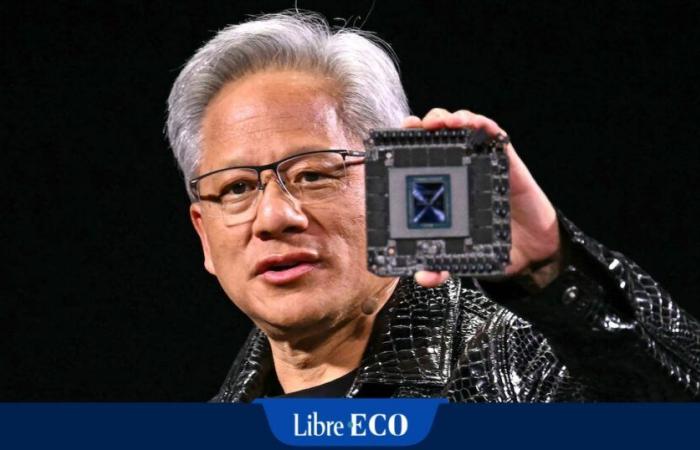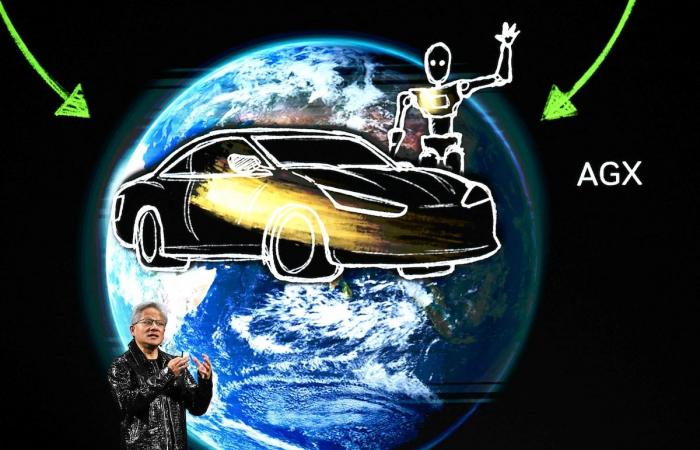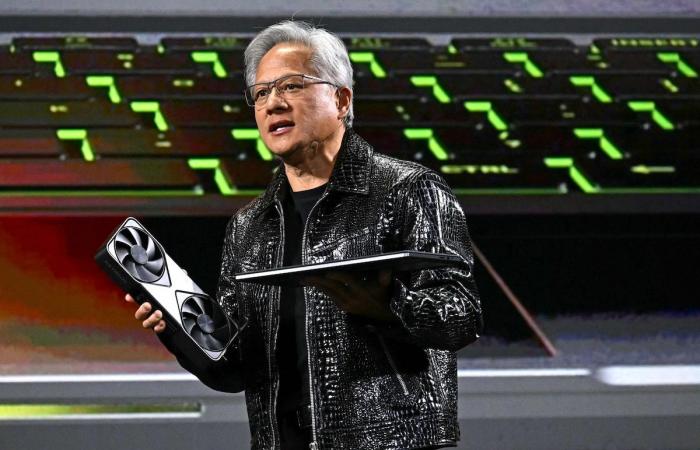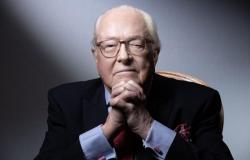“Jensen Huang has become the Taylor Swift of tech. With the exception of Elon Musk, who is famous today for less noble reasons, no other personality from Silicon Valley fascinates as much”underlines the Numerama site the day after Jensen Huang’s performance.
CES in Las Vegas: the shadows of Trump and Musk will hover over the global high mass of tech
Jensen Huang took advantage of the CES sounding board to increase the number of new product announcements. He opened the festivities by unveiling the new generation of graphics cards. These processors, also called GPUs, have made Nvidia successful. First used by video game manufacturers, these graphics processors are today at the heart of the generative AI revolution. The Californian company’s new weapon, the “GeForce RTX 50”, is based on the new generation Blackwell graphics processor, launched at the end of 2024 and until now reserved for the cloud and data centers. “Blackwell, the AI engine, is coming for gamers, developers and creators”launched Jensen Huang.
Robots trained to imitate humans
After establishing itself as the benchmark for AI for remote (cloud) computing, the American semiconductor giant Nvidia intends to develop, thanks to its new powerful chips, AI on personal computers (PC). . The Santa Clara group predicts that its new chip will pave the way for the emergence of virtual assistants of a new kind (capable of supporting the user of a PC from the beginning to the end of his session and in all his tasks). Acer, Asus, Dell, HP and Lenovo are among the manufacturers who will integrate the new GeForce RTX 50 processor into their PCs from April.
Stock market review: the United States beat Europe again in 2024
The boss of Nvidia also unveiled a new processor for autonomous vehicles. This chip, named Thor Blackwell, can control 12 cameras and 9 radars, and can be coupled to the Cosmos environment, presented by Jensen Huang as a terrain allowing ultra-realistic simulations to train automotive AI. The list of its partners is impressive, since the company includes all the major players in the sector (Waymo, Tesla, Zoox, Xiaomi, etc.).

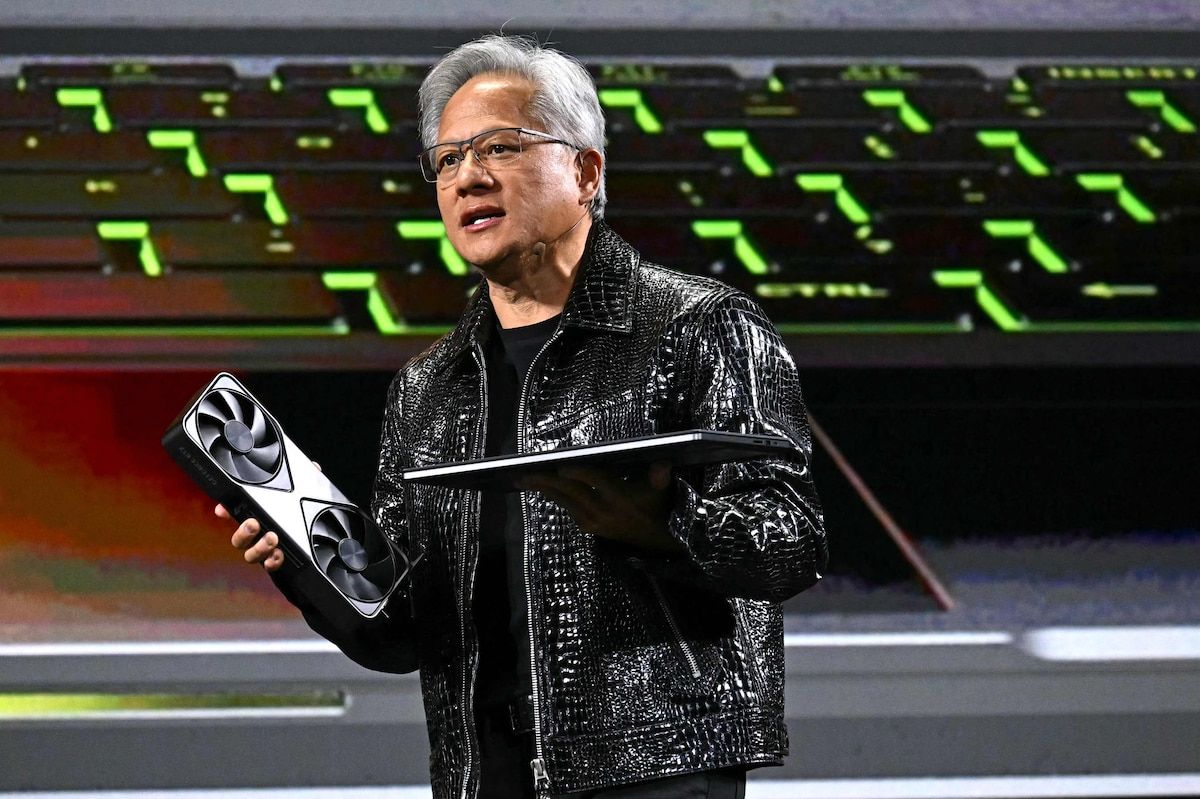
Jensen Huang also announced that his chips would now be used for a range of android robots from several manufacturers (such as Boston Dynamics, Agility Robotics and Figure). The CEO of Nvidia says he believes in an AI that would no longer just answer a question, but would carry out an action based on a context and a request. To this end, Nvidia launched Cosmos, a foundation model designed to train robots to imitate humans.
Finally, Jensen Huang presented a new computer, called “Project Digits”. This presents itself as a pocket supercomputer offering data processing worthy of data centers made up of multiple servers.

